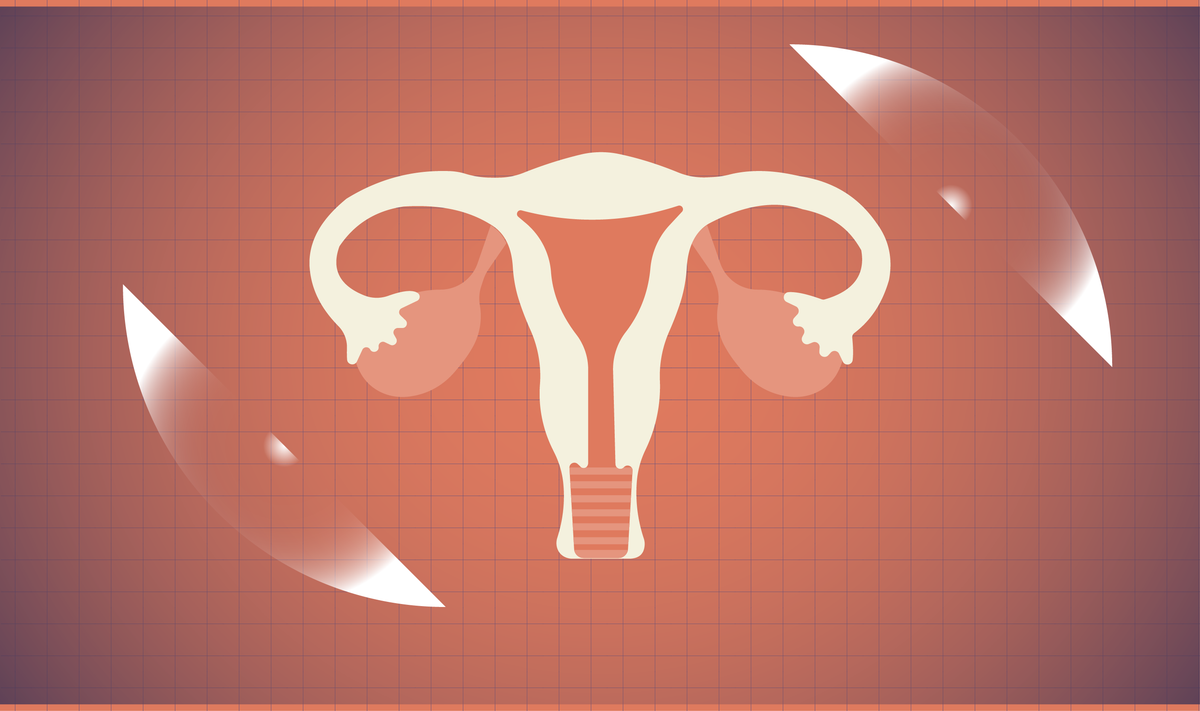Baby born to Georgia mother on life support sparks conversation about state’s abortion ban
Plus, social media users reacted to a congressperson’s experience of delayed care for an ectopic pregnancy in Florida.

Plus, social media users reacted to a congressperson’s experience of delayed care for an ectopic pregnancy in Florida.
Last week, articles reported that doctors in Georgia delivered a premature baby via Cesarean section whose mother had been declared brain-dead in February and was on life support. Many social media users expressed alarm that the woman—who was nine weeks pregnant when she was declared brain-dead—had to remain on life support until her fetus could be delivered due to the state’s abortion ban. Other discussions highlighted a congressperson from Florida who experienced a delay in care for an ectopic pregnancy due to confusion about the state’s abortion ban.
In light of these conversations, communicators may recirculate information about local abortion laws and reproductive health resources and explain how ectopic pregnancies are treated.

Insights brought to you by the reporters and science writers of Public Good News (PGN), a nonprofit newsroom dedicated to improving community health.
What’s trending nationally in conversations about reproductive health:
In May, conversation spiked after articles reported that a pregnant woman in Georgia who was declared brain-dead was on life support until her fetus could be delivered due to the state’s abortion ban. Last week, articles reported the baby was born prematurely via an emergency C-section and is in the neonatal intensive care unit. Social media users across platforms, including celebrities, discussed the news, with many expressing disgust that the woman’s body was used “as an incubator.” Opinions on the baby’s survival were mixed. Some suggested that the baby will likely experience health complications and mental health challenges, while others argued that Georgia’s abortion ban “saved a life.”
Recent articles reported that a Republican congressperson from Florida experienced barriers to treatment for an ectopic pregnancy in May 2024 due to the state’s abortion ban. According to the congressperson, she went to a Florida emergency room, where doctors determined that she was five weeks into an ectopic pregnancy and that her life was at risk. She needed medication to end the pregnancy, but since Florida’s six-week abortion ban had recently taken effect, health care providers were hesitant to provide it. After reviewing the state’s laws, which do not consider treatment for an ectopic pregnancy an abortion and allow abortion if a pregnant person’s health or life is in danger, the health care providers administered the medication. The congressperson later argued that the providers’ hesitancy was due to “fearmongering,” not the state’s abortion ban. Social media users primarily discussed the news story on Reddit and Instagram, where they expressed frustration with the congressperson, stating, “She has to follow the same life threatening laws that she helped implement.” Some also debated whether treatment for an ectopic pregnancy is legally considered an abortion.

Recommendations brought to you by the health communication experts behind Infodemiology.com.
Recommendations for public health professionals
Each week, the Infodemiology.com team will provide messaging recommendations in response to some of the trending narratives outlined above. These helpful tips can be used when creating content, updating web and FAQ pages, and developing strategy for messaging about reproductive health.
Conversations about state abortion bans provide an opportunity for communicators to recirculate information about local abortion laws. This is particularly relevant to communicators in Georgia and Florida, given the uptick in online conversations about abortion bans in those states. Messaging may also direct people to the Repro Legal Helpline, a free resource that connects people with lawyers who can answer questions about miscarriage, abortion, and birth and supports pregnant people who are being denied lifesaving care. Sharing resources like AbortionFinder.org, which helps people find reputable abortion providers, and Plan C, which offers information about accessing abortion pills in every state, is also recommended.
In response to discussions about ectopic pregnancies, messaging may explain that an ectopic pregnancy occurs when a fertilized egg implants outside of the uterus, typically in a fallopian tube. Ectopic pregnancies are never viable. They are potentially life-threatening medical emergencies for pregnant people and must be treated immediately. Messaging may highlight the symptoms of an ectopic pregnancy, risk factors, and treatment options, which may include surgery or a medication called methotrexate to stop the fertilized egg from growing, ending the pregnancy. Messaging may note that while some states’ abortion bans specify that treatment for an ectopic pregnancy is not legally considered an abortion, others do not, which may cause confusion and delay lifesaving care.
